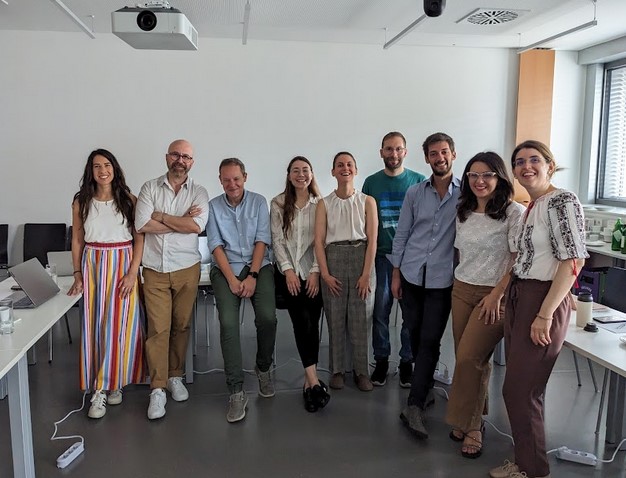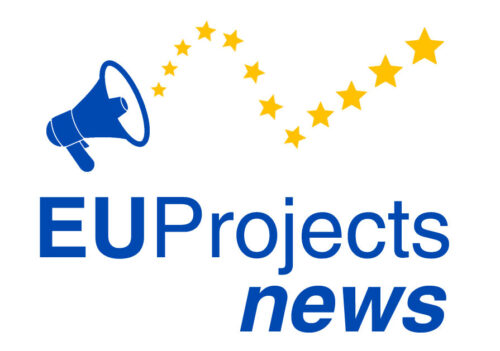
Data Science in Human & Social Sciences for Women Empowerment: Wrapping up the training courses and preparing the next steps on a career guide for data science opportunities
On 17 July 2023, the seven consortium partners from five different countries gathered in Vienna, hosted by the Technical University of Vienna,[1] in order to discuss the progress made on the project deliverables.
Wrapping up the training courses and online learning platform
So far, 43 training courses offered in five different languages (DE, EN, ES, IT, RO) have been developed. All courses are now available online on the project website.[2] The courses offer an introduction to a variety of topics and skills identified through the competence framework.[3] Students can take the courses at their own pace and will soon be able to earn certificates upon completion of the self-assessment test. These courses aim to equip female students in the humanities and social sciences with basic to intermediate skills in data science, ranging from SQL and GitHub to data visualisation to an introduction to machine learning.
Together, the recent additional functionalities for the learning platform were explored and evaluated. These include feedback functionality which will be vital for testing and validating the course material developed by the partners. Additionally, the previously mentioned certificates upon completion of self-assessment tests are currently being implemented.
Mapping opportunities in data science: a guide to future professions
An important part of the session was dedicated to presenting the progress on the guide for career opportunities in data science. This guide aims to help female students from the humanities and social sciences orient themselves in the field of data science, get to know basic roles and concepts, and find good resources, initiatives and networks to get familiar with data science. It will also include valuable tips for women seeking to transition into data science. Following an in-depth workshop and an interview, Women in AI Austria[4] presented preliminary findings, a structure for the career guide, and the next steps for collecting information and data for preparing the guide.
For further information on the data science project: https://www.womeninai.at/
[2] https://datascience-project.eu/training.php







